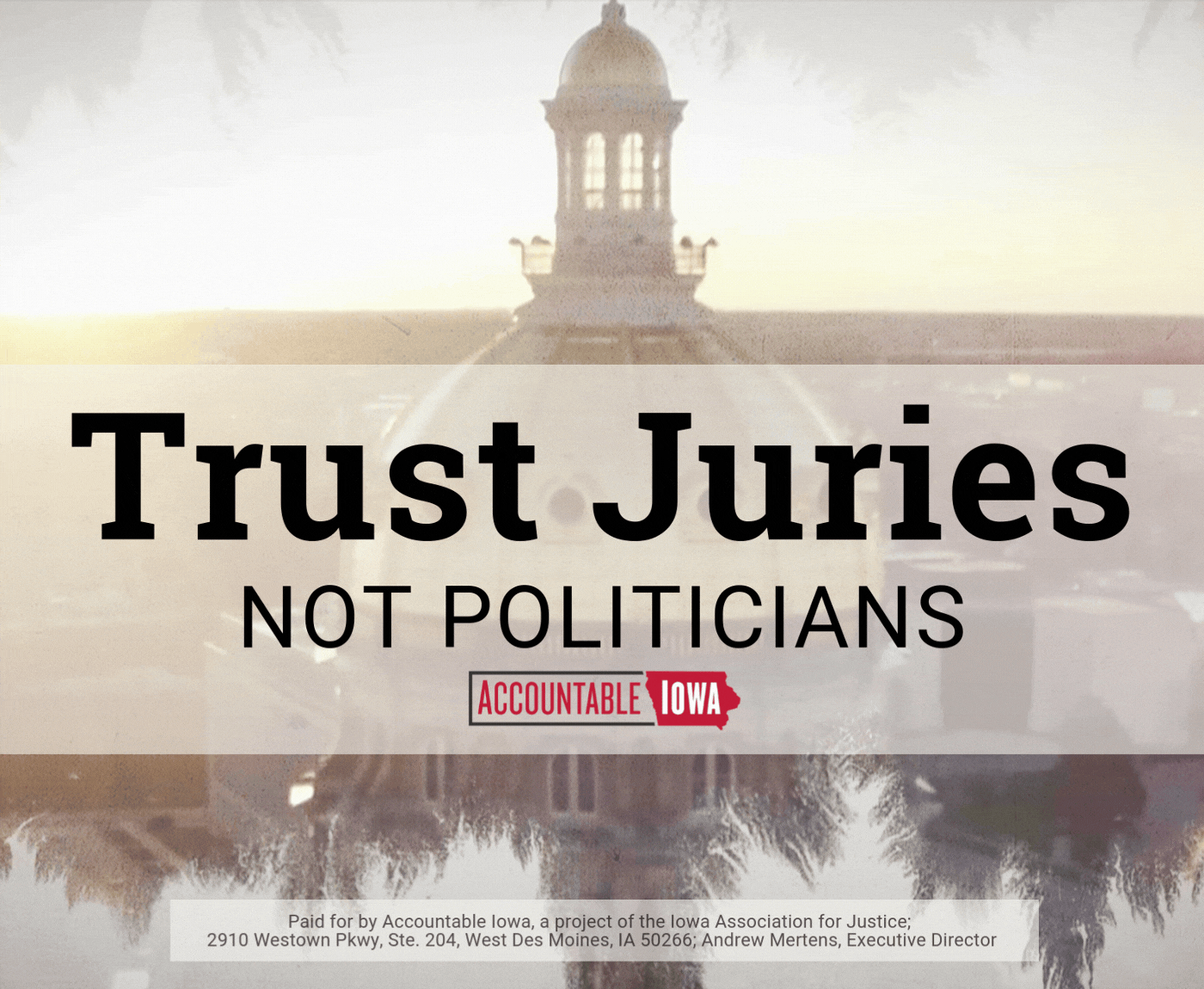Two Appeals Courts in America and now a High Court in England have upheld child protection laws banning puberty blockers. In America, where more than half of all U.S. states now protect children with bans on experimental puberty blockers, so far, two different appeals courts have upheld the laws as constitutional setting up an inevitable U.S. Supreme Court showdown later this year. And now, a High Court judge in England this week upheld the British government’s emergency ban on puberty blockers citing “powerful scientific evidence” that the drugs are “potentially harmful.”
The British government decided to remove puberty blockers as a form of treatment for gender confusion last March largely due a groundbreaking, four-year study by England’s National Health Service (NHS), known as the Cass Review, which revealed there is “remarkably weak evidence” that puberty blockers deliver positive results in children. The Cass Review, conducted by Dr. Hilary Cass, examined 214 studies on treating gender confusion with puberty blockers and found little to boast. She made 32 recommendations to reform “gender-related services” in England that place the mental health of the child ahead of any “potentially irreversible medical treatments.”
Judge Beverely Lang of the High Court of Justice of England and Wales, the third highest court in England, dismissed a legal challenge by a gender advocacy group and an unnamed, gender-confused 15-year-old that alleged the British government improperly used emergency procedures by failing to consult with advocacy groups before enacting the ban. The emergency order, which bans the sale and supply of puberty blockers for suppressing puberty in gender-confused minors outside of a clinical trial, applies to England, Wales, and Scotland. According to the ruling, the challengers did not invite the Court to decide whether puberty blockers were safe or harmful, but rather to decide on the lawfulness of the emergency procedure the government used to adopt the ban.
However, Judge Lang delivered a ruling dealing with both matters. Judge Lang affirmed the scientific findings of the Cass Review stating it had not found “reliable evidence” for families and children to make informed choices regarding puberty blockers. She determined the lack of discernible benefits did not outweigh the risks and that the government acted in a “rational” manner to adopt the emergency ban to protect children. She also determined the government’s emergency procedures in this situation allow for an “exemption from the consultation requirement” and rendered the challenger’s claim invalid.
Judge Lang wrote, “In my judgment, the Cass Review’s findings about the very substantial risks and very narrow benefits associated with the use of puberty blockers…amounted to powerful scientific evidence in support of restrictions on the supply of puberty blockers on the grounds that they were potentially harmful.”
While the challengers claim puberty blockers help minors “buy time to think,” Judge Lang reiterated “there is no evidence that puberty blockers buy time to think” since most minors on the drugs proceed straight to hormones rather than ceasing puberty blockers.
Judge Lang then stated the government was “entitled to conclude” that the Cass Review was the best science available on which to base an emergency order.
“In my view, it was rational for the [government] to decide that it was essential to adopt the emergency procedure to avoid serious danger to the health of children and young people who would otherwise be prescribed puberty blockers…,” wrote Judge Lang.
Judge Lang concluded the government provided “a complete answer” for its actions and that the Court should be “slow to interfere” to avoid “second-guessing” competent medical judgment.
Similarly in 2023, Chief Judge Jeffery Sutton of the U.S. Sixth Circuit Court of Appeals said the same thing while upholding medical mutilation bans enacted by the state legislatures in Tennessee and Kentucky.
“This choice in this instance is not for judges to make. Elected representatives, as it happens, made these precise cost-benefit decisions and did not trigger any reason for judges to second-guess them,” wrote Judge Sutton.
In addition to the U.K., Finland, France, Netherlands, Norway, and Sweden have either halted, issued strict guidelines, or are investigating puberty blockers while placing more emphasis on counseling and therapy for younger age groups. In 2023, Russia outlawed all “medical interventions aimed at changing the sex of a person.” After the Cass Review was published in February 2024, pediatricians and psychiatrists in Belgium have also called for reform in treating gender confusion. Notably, all of Germany’s 17 in-country medical associations have recommended that the German government also restrict puberty blockers, hormone treatments, and medically mutilating surgeries for minors.
Liberty Counsel Founder and Chairman Mat Staver said, “The British government and its High Court confirm what science reveals about these experimental drugs. The evidence shows gender confusion is linked to underlying mental health issues and should be treated through counseling, not harmful puberty blockers.”

















